Namibian Deaf Sports Federation Announces Team for Tokyo Deaflympics
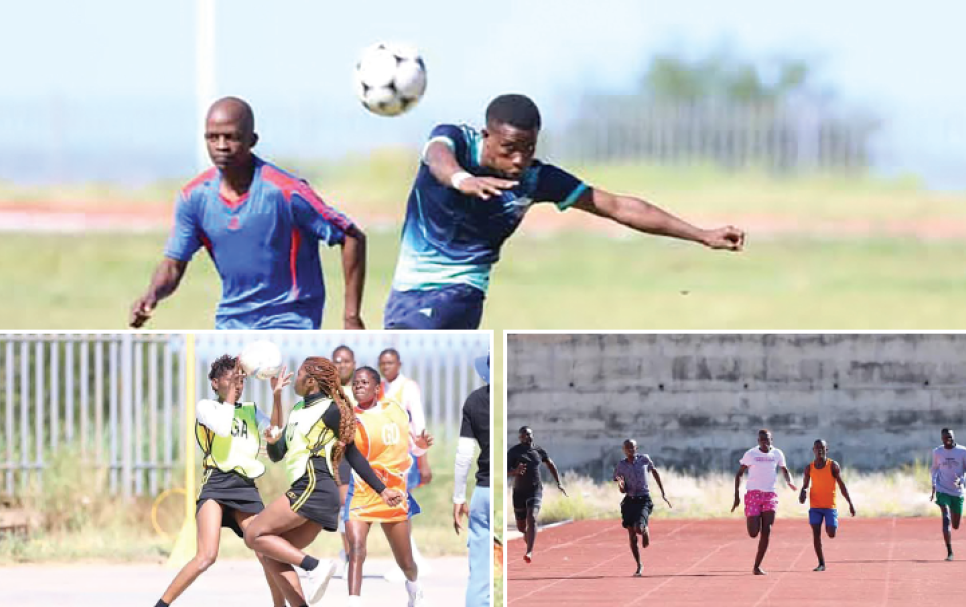
The Namibian Deaf Sports Federation (NDSF) has selected the athletes who will represent the nation at the upcoming Deaflympics Games in Tokyo this November.
The team was chosen following a qualification event held last weekend at the National Youth Service (NYC) Center in Rietfontein, located in the Otjozondjupa Region.
The male athletes who qualified for the Tokyo Games are: Elida’s Nghilifa (Eenhana) in the 100m, 200m, and 400m; Paulus Ekandjo (Ongwediva) in the 100m, 200m, and 400m; Munzere Damian (Rundu) in the 100m, 200m, and 400m; Thomas Nambala (Eenhana) in the 100m, 200m, and 400m; and Abraham Ndinoiti (Eenhana) in the 100m, 200m, and 400m.
The female athletes who qualified are: Maria Fillemon (Ongwediva) in the 100m and 200m; Shangeelao Kanana (Ongwediva) in the 100m and 200m; and Saara Haihambo (Eenhana) in the 100m and 200m.
“We are proud to announce that several athletes have successfully qualified to represent Namibia at the Deaflympics Tokyo 2025. Unfortunately, athletes from Khomas, Erongo, Omusati, and other regions did not qualify for the Tokyo Games 2025,” stated NDSF President Abner Sheya.
He gave special mention to Elifas Nghikevali, a 19-year-old from Eenhana, who secured first place in the 100m with a time of 11.31 seconds, earning him a spot at the Deaflympics. The NDSF is now appealing to sponsors to provide these qualified athletes with essential resources such as coaching and equipment.
Sheya also highlighted the overwhelming participation in the qualification event: “Although our budget catered for only 70 athletes, we were thrilled to see over 400 participants, including 35 athletes from Eswatini and 23 from Zambia.”
Beyond athletics, the qualification event also featured football and netball competitions. In football, Ocean Deaf FC from Walvis Bay emerged victorious, followed by Kopala Deaf FC from Zambia in second place, and Oshana Young FC from Oshakati in third. Several other clubs did not participate for various reasons.
In netball, Queen Deaf Netball from Eswatini claimed the top spot, with Still Water Netball from Oshakati taking second place and Sunrise Deaf Netball from Windhoek finishing third.
Against this backdrop, Sheya expressed his satisfaction with the growth of deaf sports in the country, despite the existing stigma.
Otjiwarongo was the initially planned venue for the Deaflympic Games qualifiers. The government and NamPower served as the primary sponsors for the event.
Looking ahead, Sheya emphasized the need to focus on developing deaf women’s participation in sports across all regions. “The NDSF Board will work on the ‘Building Capacity in Sport for Deaf Women’ project once sponsorship is secured. The talents and determination of our Deaf athletes continue to inspire my commitment to this role.”
He also noted the logistical changes: “Originally, the event was planned for Otjiwarongo, but due to a fully booked venue and safety concerns in town areas, it was relocated to Rietfontein, which proved to be a safe, centralized, and effective venue. I strongly recommend continued collaboration with the National Youth Service at Rietfontein”
- 354 views


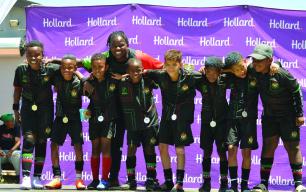
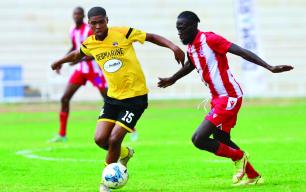
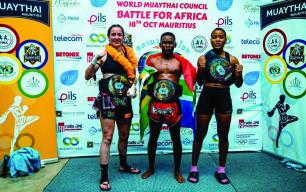
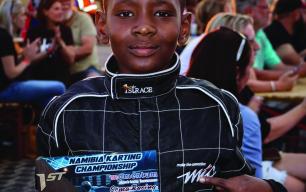

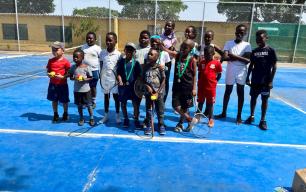
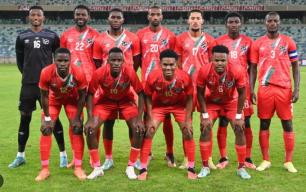
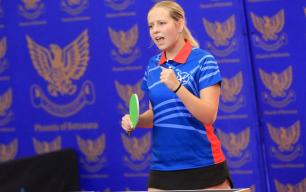
Comments